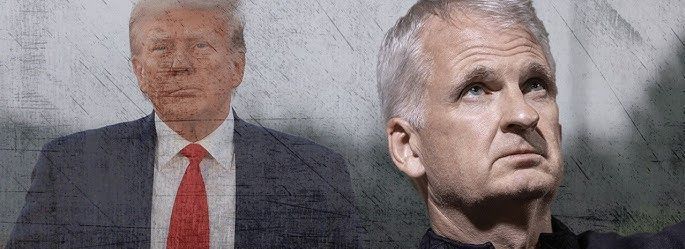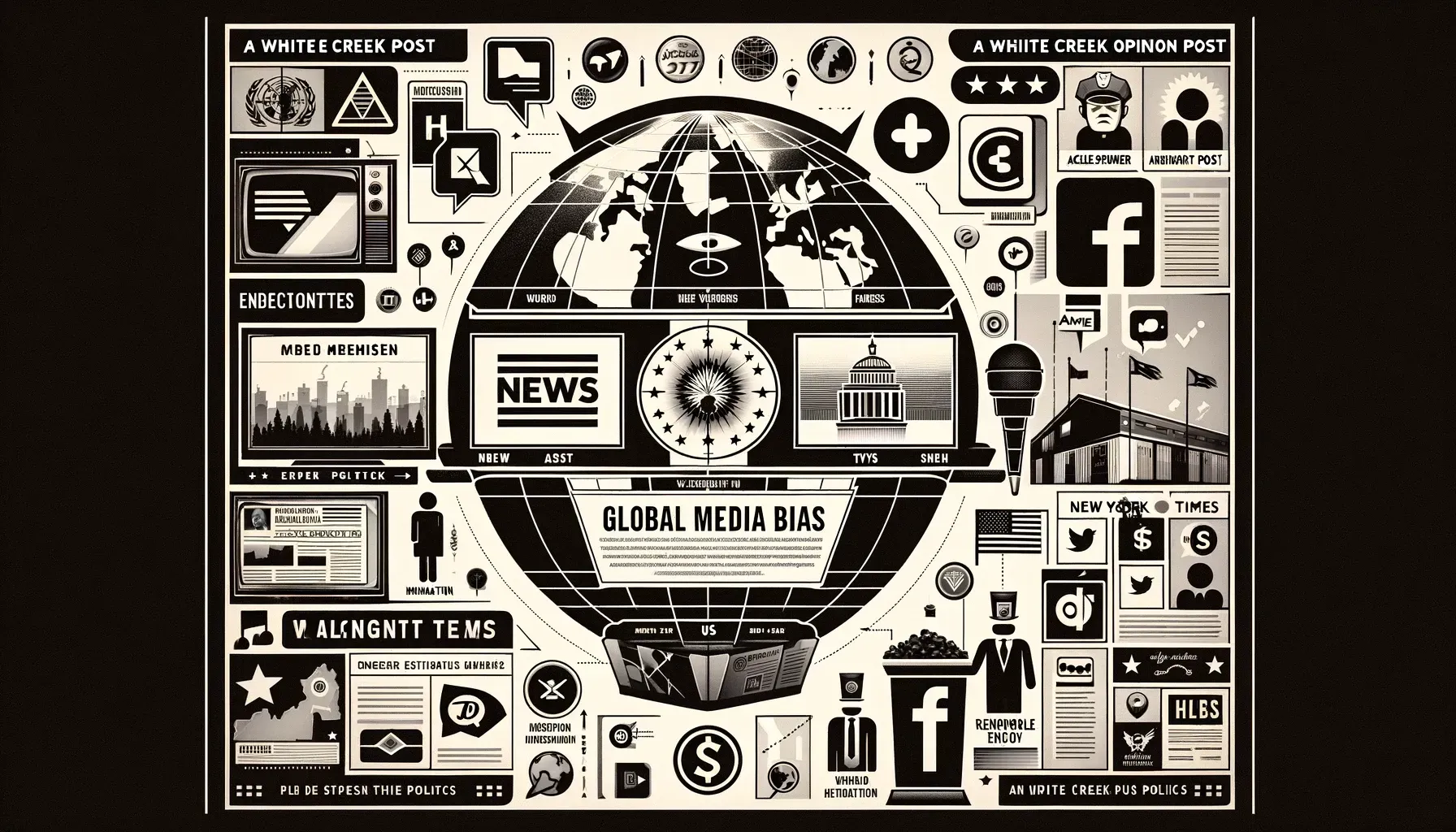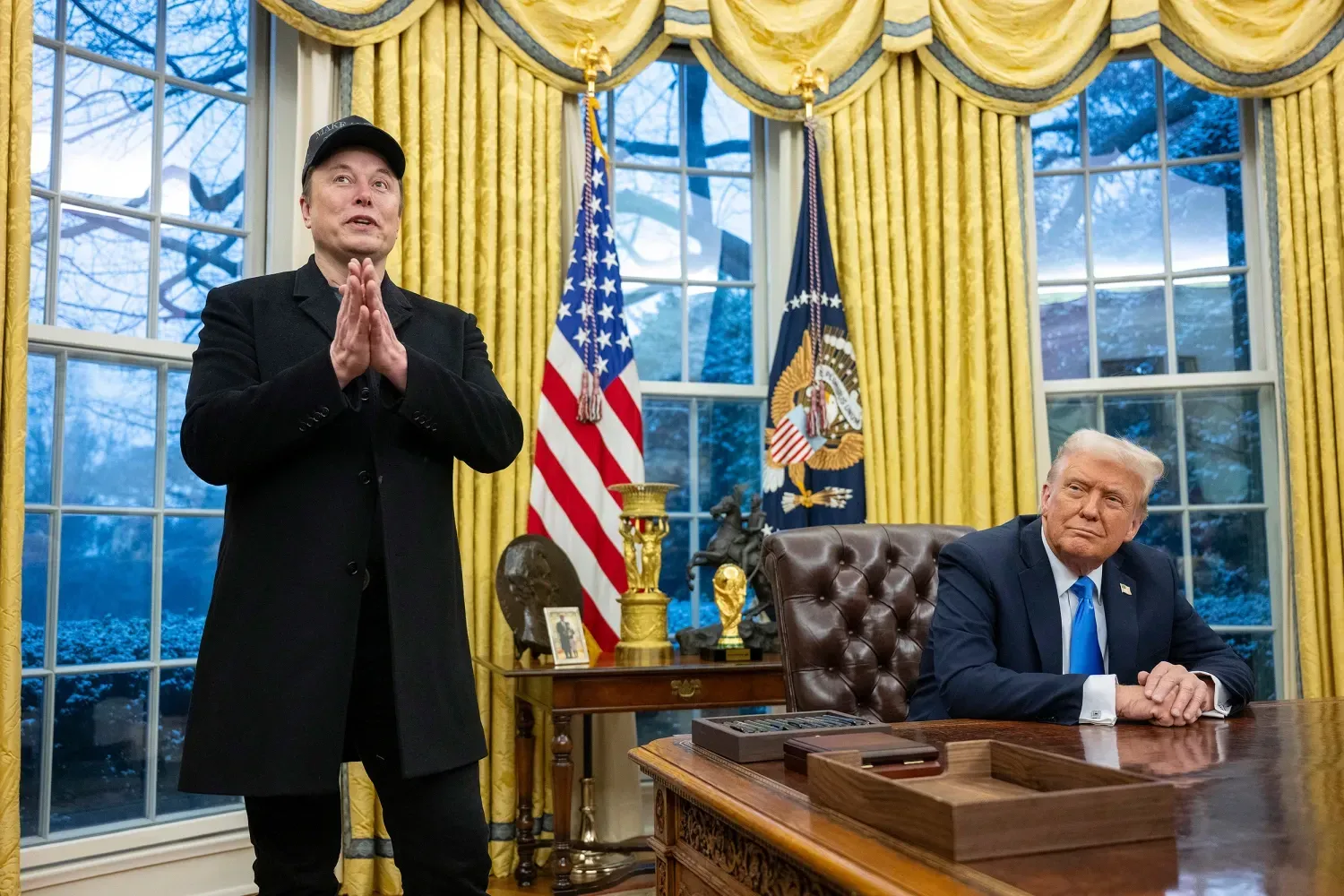Economics – September 2023
Economics – September 2023
Will political turmoil or instability influence economics and globalization, and will a shift away from international relations towards political economy truly benefit the people? In today's world, politicians are increasingly taking control of domestic and international economic decisions, possibly with the intention of addressing global challenges like climate change in accordance with the Paris Climate Agreement and the policies proposed by the World Economic Forum. But is this approach yielding the desired results?
While China continues to chart its course and is perhaps the only country with a firm grip on its economy, questions persist regarding the rights of its citizens. In contrast, other "freedom" countries like Germany or the US demonstrate that government influence can have both positive and negative consequences. China maintains its leadership in green energy and electric vehicle development but also relies on Russian oil and coal, even expanding its coal plants.
Depending on one's perspective, the outlook for China varies. Bidenomics proponents argue that China faces significant challenges, as reported by NPR and CNBC. However, more open reports suggest that China may have turned the corner and is back on a growth trajectory.
In 2024, global geopolitics will play a pivotal role, with volatility evident in various regions. The ongoing Ukraine War will continue to demand significant resources and scrutiny. Some European Union and other countries may reconsider their commitment to US-led NATO efforts, with public sentiment possibly influencing their decisions.
Sanctions against Russia, initially touted as effective, have led to accusations of circumvention and assistance from certain countries. This includes the purchase of oil via India to sustain European and US economies.
Additionally, there is significant controversy surrounding arbitrary sanctions imposed on Ukrainian oligarchs. In Europe, these sanctions face heavy criticism for being hastily implemented and lacking robust evidence. They may even result in legal action in the US, incurring costs for taxpayers.
Despite perceptions of Russia's economic decline, such as a declining ruble, Russia has found ways to work around sanctions and adapt its domestic economy with willing partners, while increasing military spending.
It more than doubled its 2023 gross domestic product growth forecast to 2.8%, up from 1.2% in April, and raised its 2024 forecast to 2.3% from the 2.0% April forecast. Unemployment, currently at a historic low in Russia, will remain at 3.1% for the period, the ministry said, underscoring the acute shortages on the labor market.
And then we head to Germany and Europe, where Germany seems to struggle immensely on implementing the green agenda and the US ordered sanctions on Russia.
German GDP fell 0.3% in the first three months of 2023, compared with an earlier estimate of zero growth, as last year’s energy price shock took its toll on consumer spending.
If you like to see what subsidies do check on this paper in one year, it’s a blueprint also for the US.
Germany's economic forecast has been sharply corrected: an increase of 0.3 percent turns into a minus of 0.6 percent. The traffic light coalition is partly to blame for the recession (read red/green) Almost not a day goes by without the announcement of new crisis summits or emergency measures: refugee crisis, energy crisis, housing shortage, chemical industry crisis, de-industrialization, budget dispute. But the discussions and even the stylization of problems as a "boss thing" have so far achieved little or nothing.
On the contrary.
They have created new legal uncertainties and thus accelerated the economic slump. Many of the negative trends have been evident for years and the traffic light coalition would have had enough time to take countermeasures in good time.
But it did nothing, and that is why the economy is now slumping at an accelerated pace, instead of growing by 0.3 percent, the five leading German economic institutes now expect a contraction of 0.6 percent for 2023.
The industrial policy of the Federal Republic of Germany is particularly problematic. First, the traffic light coalition is massively increasing the price of energy in order to force the economy to consume more economically. Households are also under additional strain, also as a result of the shifting of higher energy prices from producers to consumer goods and services.
As energy-intensive companies such as the chemical industry want to relocate their production abroad, new subsidies are now being promised to reduce electricity prices. Low-income households are also subsidized. Energy prices are not falling because of this. Because of such redistributive actions, they are paid only through taxes instead of the market. This money is then lacking for investments in productivity increases and the repair of the infrastructure.
Germany's industry has been running on state crutches since 2022, when EU rules on aid to industry were relaxed. As is well known, the EU Commission must approve state aid. Their data shows that Germany has allocated almost half (48.4 percent) of all state aid approved in the EU since February 2022. As of 4 September, Germany had granted state aid worth 742 billion euros. They are followed by France and Italy with 22.6 and 7.9 percent of the EU total, respectively.
The "debate" on the federal government's data strategy at the end of September turned out to be a non-starter, and the recent call for a reduction in administrative burdens was a clumsy election campaign bluster. For the digitization of the administration, even state funds are being cut. The Digital Infrastructure Special Fund, which was fed from the proceeds of the mobile telephony licenses, will even be dissolved. The existing 4.2 billion will flow into the state budget.
The housing shortage is mainly a consequence of mass immigration, state intervention and threats from politicians with rent caps, nationalizations, expensive building regulations or long approval procedures. Recently, they have been joined by rising construction costs and inflation, which were partly caused by the energy transition and shortage in connection with the Ukraine war. Persistent inflation, in turn, led to interest rate hikes by the ECB. However, housing prices also include high taxes and levies of all kinds. But politicians are not prepared to cut taxes and abolish the requirements. Housing construction will collapse massively.
Uncontrolled immigration is becoming an ever-increasing burden on the economy. The overloading of municipal infrastructures and the billions spent on asylum seekers also lead to taxpayers' money flowing into unproductive sectors. But the ruling know-it-alls believed that mass immigration would even replace the lack of skilled workers, even though nine out of ten immigrants from the top eight countries of origin have no specialist training.
The traffic light coalition is unwilling or unable to initiate a change of course, which is why the economic experts' forecast for 2024 of 1.3 percent real growth could still be too high.



Sign Up For Our Newsletter
We will get back to you as soon as possible
Please try again later





